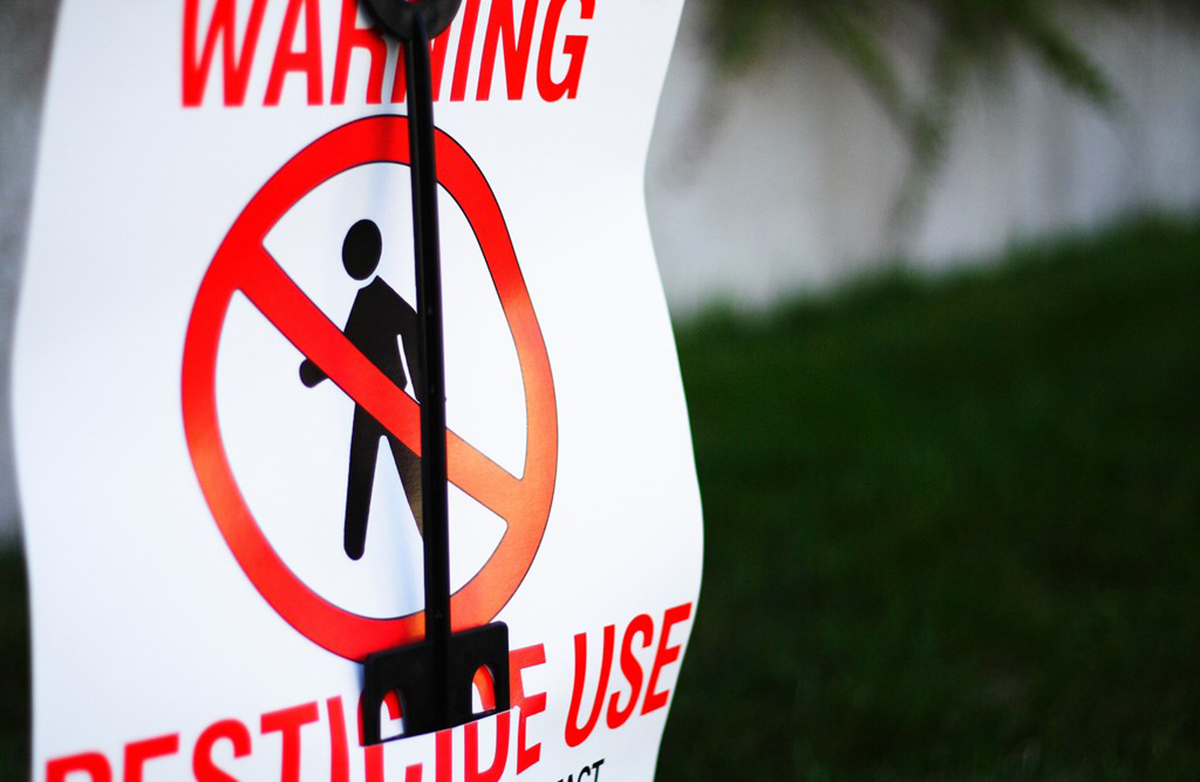Table of Contents
This Northern California– based Childhood Risk of Autism from Genetics and the Environment (CHARGE) Study examined chemical exposure in 361 developmentally normal children, 168 children who had developmental delays (DD), and 486 children who had autistic spectrum disorders (ASD). Developmental delay is a blanket term that encompasses failure to crawl, talk, walk, and develop motor skills at expected times during the first three years of life, although pediatricians have strict guidelines for making the diagnosis. The newer terminology autistic spectrum disorder includes the condition better known as Asperger's syndrome.

Just how dangerous are pesticides during pregnancy, really? Many mothers would do anything they could to avoid a one in a million chance of their child's being born with developmental delays or autism. The odds overall are:
- For autism, about 1 chance in 90 for children of women who are not exposed to pesticides in pregnancy, to somewhere between 1 chance in 40 and 1 in 10 for children of women who are.
- For developmental delays, about 1 chance in 300 to 1 chance in 160 for children of women who are not exposed to pesticides during pregnancy, and about 1 chance in 100 for children of women who are.
Many women find that to be too big a risk to take, and that's not even taking into consideration the fact that exposure to these chemicals in smaller amounts may cause children to have problems with reading, nightmares, insomnia, and anxiety (although there is a lack of "good science" to support that concern). So what are the options for ensuring the best outcomes for the baby?
See Also: Flu And Fever During Pregnancy Boost Autism Risk
- If you can't move, stay indoors when there is spraying nearby. If you ordinarily work in the fields, ask for safer work when you find out you are pregnant.
- Make sure you get your B vitamins (they're cheap), and if you are of Hispanic descent, take a supplement called methylfolate. About 20% of Latinos in the US carry a gene that keeps their bodies from using the B vitamin folic acid efficiently. Even though folic acid is added to all kinds of cereals and bakery products specifically to make sure pregnant women get it, the kind of folic acid that is in these products does not help the baby's nervous system grow properly. A kind of folic acid called methylfolate is needed. This product is actually cheap, less than $10 for a 90-day supply. Some unethical vitamin vendors, however, will ask ten times as much for it.
- Fresh fruits and vegetables contain the antioxidants that can offset the effects of pesticides, but fresh fruits and vegetables that have been sprayed with the pesticides really won't help. If you can't afford organic, at the very least make sure the fresh produce you eat is well washed before you eat it.
- Shelton JF, Geraghty EM, Tancredi DJ, Delwiche LD, Schmidt RJ, Ritz B, Hansen RL, Hertz-Picciotto I. Neurodevelopmental Disorders and Prenatal Residential Proximity to Agricultural Pesticides: The CHARGE Study. Environ Health Perspect. 2014 Jun 23. [Epub ahead of print] PMID: 24954055.
- Mindmap by steadyhealth.com
- Photo courtesy of Michelle Tribe by Flickr : www.flickr.com/photos/greencolander/515413906


Your thoughts on this